
Center for Special Education Leadership and Conflict Engagement
The Center, a partnership between TAESE and Sandbox Leadership, supports state agencies and local districts to design, build and deliver customized leadership development and conflict engagement programs. To discuss what a program for your organization might look like, let’s connect.
Check out our Events page to see upcoming open enrollment programs.
Learning Philosophy
The Center is committed to supporting and nurturing on-going individual and collective learning. We believe that learning is best engaged in Communities of Practice committed to individual and collective growth. The Center partners with you to build a culture of continuous learning and development.
Special Education Management
Leadership Development
Conflict
Engagement
The Team
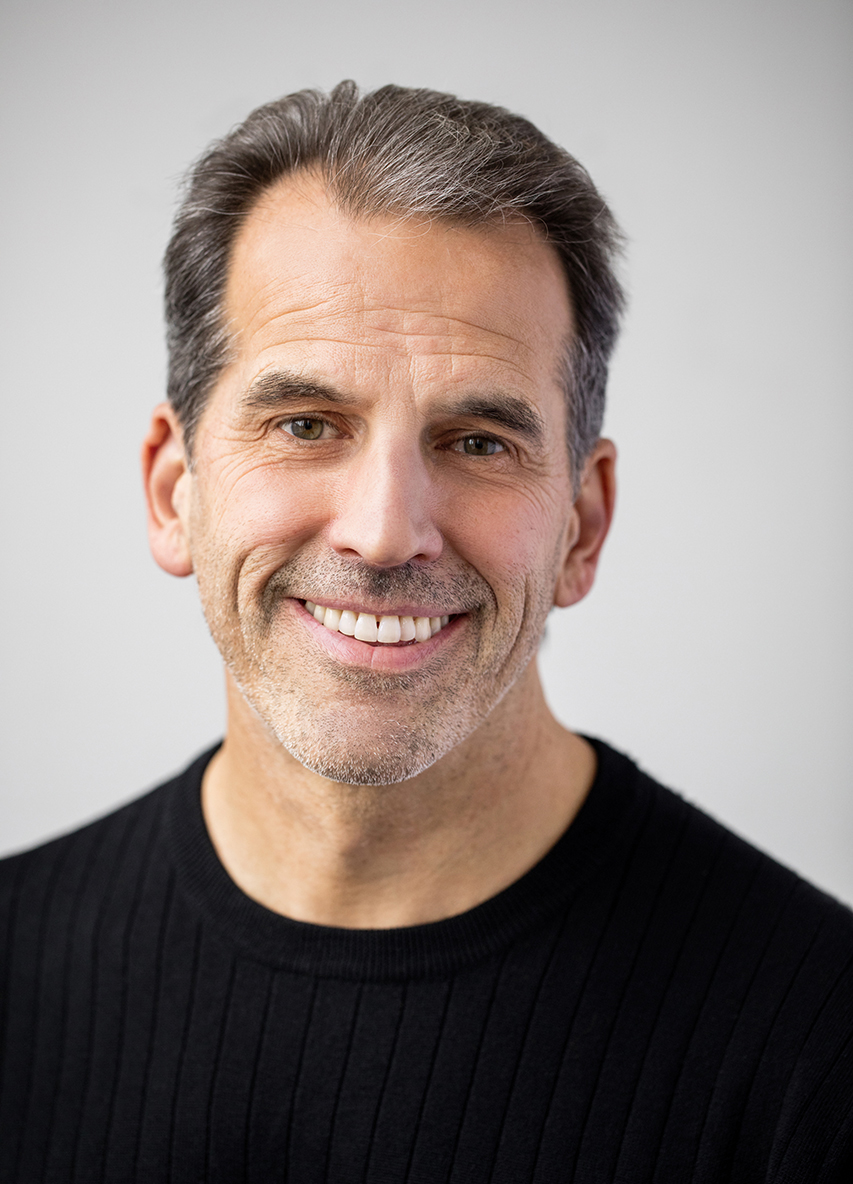
Doug Nathan
I’ve been coaching for over 20 years. I got my start at Microsoft teaching managers how to coach their employees around career development. That led to coaching high potential employees and executives within Microsoft to accelerate their growth and business results.
I’ve had the good fortune of working with executives and leadership teams in global high-tech and business organizations as well as government and public education.
I love learning about organizations, sussing out the unique strengths and challenges of their cultures, and then supporting leaders to tap into their creative resources.
I bring a strengths-based, whole-systems approach to my coaching and consulting. I don’t just focus just on the individual—we look at connections between people, systems and structures within an organization to understand why people do what they do. I partner with you using evidence-based practices to inspire creative, systemic approaches that enhance individual performance, team dynamics and inclusive workplace culture.
In my free time, I scuba dive, kayak, sail, bicycle and enjoy the creative chaos of life with my family on Bainbridge Island, Washington.
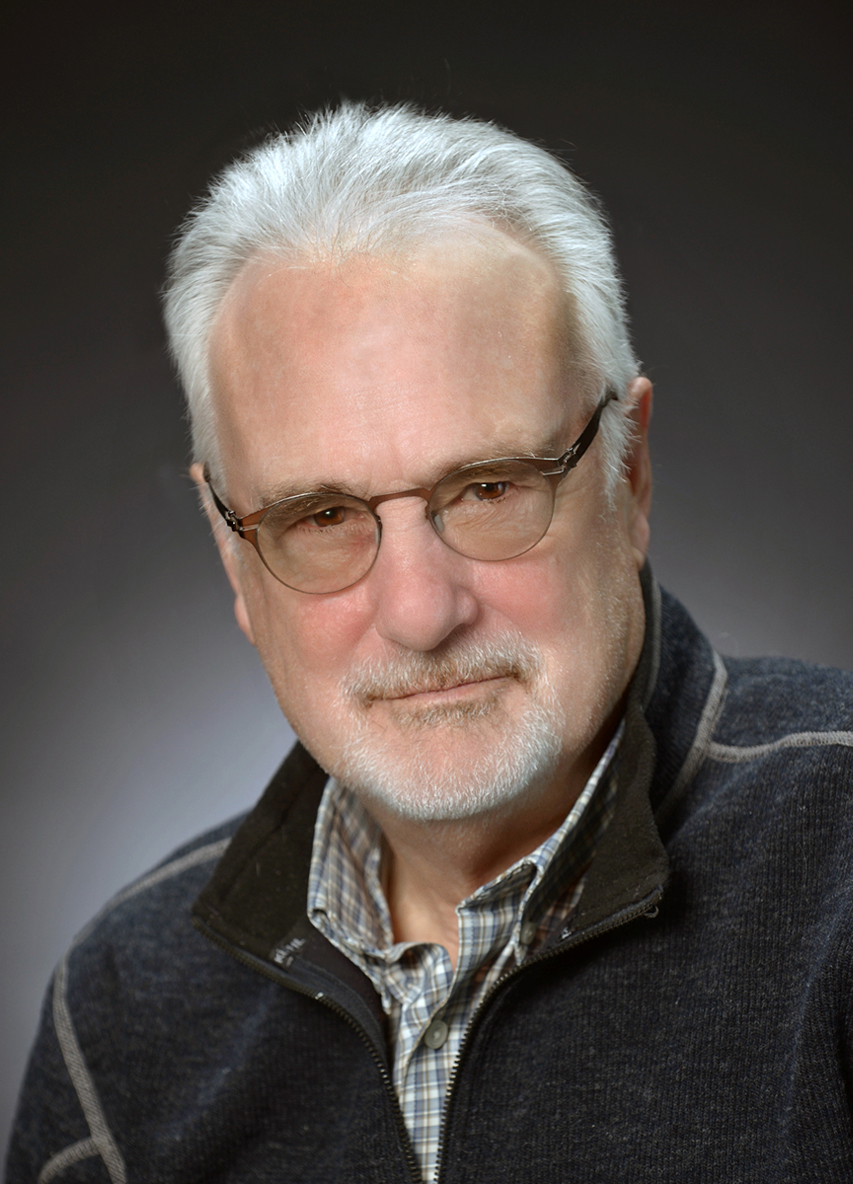
Greg Abell
The focus of my work for the past thirty years has fundamentally been about community. How do individuals come together in pursuit of a mutual purpose? How do individuals work interdependently for a common good?
In 1988 I discovered the emerging field of Mediation and Alternative Dispute Resolution. I took my first course in Mediation, and within a year joined others committed to this work in starting a community-based Dispute Resolution Center. A few years later I left work as an educator to start an ADR firm, Sound Options Group, LLC. Over the past thirty years we have gained a national presence as a Conflict Engagement firm:
- designing and implement systems in support of healthy and effective conflict engagement,
- providing conflict intervention services, and
- providing a comprehensive programs of professional development for build individual and collective confidence and competence for being with conflict.
My commitment to the work of Sandbox Leadership, LLC is found in the relationship between leadership, change and conflict. Over the years I have learned from leaders that one of their biggest challenges is leading change and navigating the inevitable conflict that accompanies it. Leaders often initiate change in the pursuit of ongoing improvement. Change, for many is perceived as a threat, resulting in resistance and conflict. Effective leadership is essential to a community or organizations ability to successfully navigate this experience.
The complex challenges encountered in today’s world require deep adaptive work at both an individual and collective level. It requires the ability to build relationships of trust and social capital, nurture and sustain respect for diverse ideas and perspectives, and engage in shared learning. The ability to lead others in this context requires a commitment to on-going learning and growth on the part of leaders. Sandbox Leadership is committed to supporting you in this work.
In my free time I enjoy skiing, hiking, bicycling, all manner of water sports and spending time with my family.
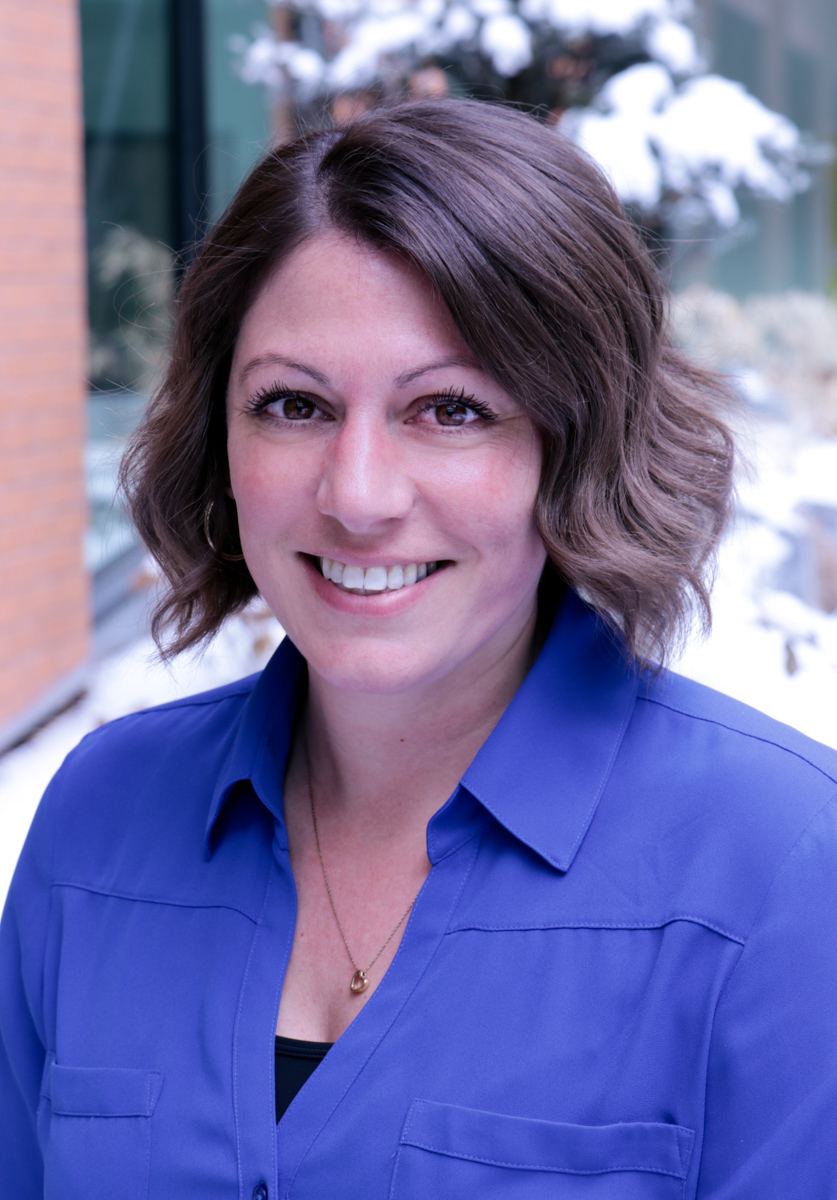
Kimberly Hutter
Kimberly Hutter is a Technical Assistance Specialist with the Center for Technical Assistance for Excellence in Special Education (TAESE). Prior to TAESE, Dr. Hutter worked in various positions, one as a Program Specialist with the Division of Review & Support at Texas Education Agency and another as an Instructor in an Interpreter Training Program at Spokane Falls Community College in Spokane, Washington.
Dr. Hutter holds a Ph.D. in Special Education from UNCG and is a Fellow with the National Leadership Consortium in Sensory Disabilities (NLCSD). Her research focuses on state and federal policy and standards in relation to pre-service educational interpreter preparation and educational interpreters employed in K-12 settings.
In her spare time, Kimberly enjoys hiking, mountain biking, and spending time with her family.
mplex challenges encountered in today’s world require deep adaptive work at both an individual and collective level. It requires the ability to build relationships of trust and social capital, nurture and sustain respect for diverse ideas and perspectives, and engage in shared learning. The ability to lead others in this context requires a commitment to on-going learning and growth on the part of leaders. Sandbox Leadership is committed to supporting you in this work.
In my free time I enjoy skiing, hiking, bicycling, all manner of water sports and spending time with my family.
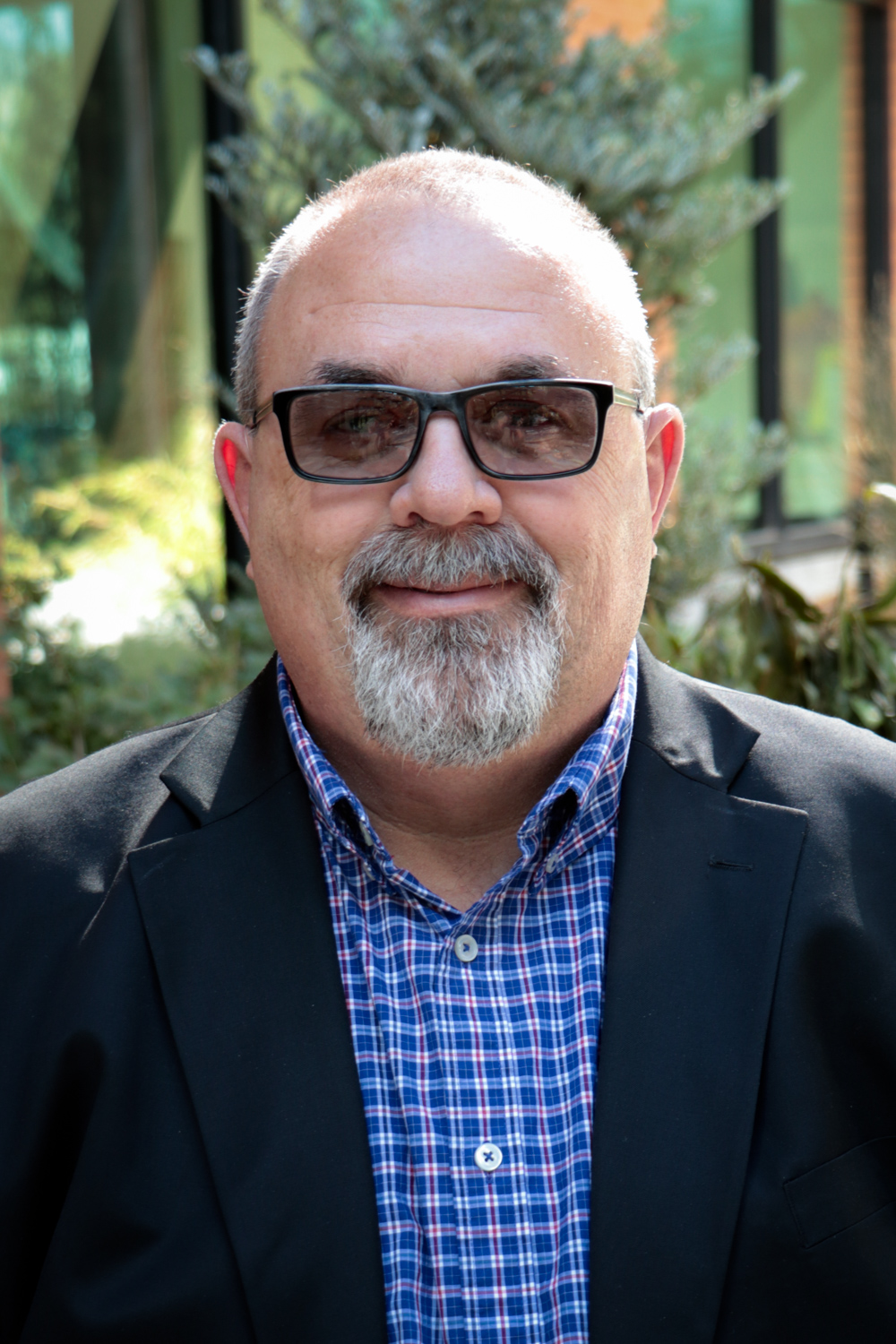
Frank Podobnik
Frank Podobnik is the Associate Director for the Center for Technical Assistance for Excellence in Special Education (TAESE). Frank joined TAESE in 2019 as a Technical Assistance Specialist. Frank began his career in special education in 1994 after completing his education in School Psychology at the University of Montana. Frank worked in the elementary and middle school setting providing school psychology services until 2002, when he joined the Montana Office of Public Instruction as a School Improvement Specialist. In 2008 Frank became the IDEA Part B manager for Montana, and in 2012 he was selected to be the State Director of Special Education for Montana. Frank has three grown children, all of whom were eligible for IDEA services.
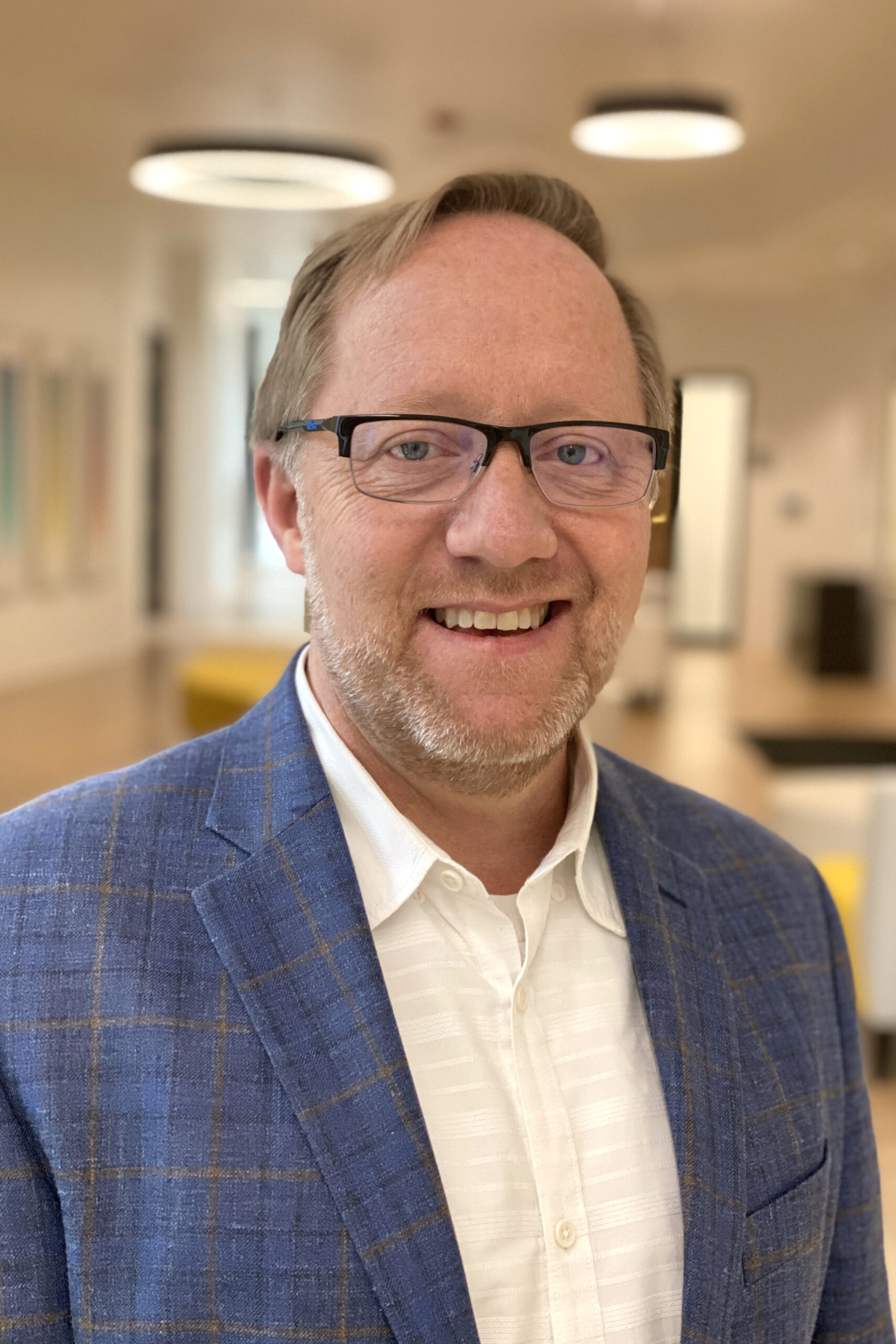
Norm Ames, MS
Norm Ames, MS, is the Director of the Center for Technical Assistance for Excellence in Special Education (TAESE), a nationally-recognized provider of Technical Assistance at the local, state and federal level. Norm specializes in systems leadership, striving to build capacity of stakeholders to achieve improved outcomes for youth with disabilities. Norm leads projects related to program evaluation and improvement, stakeholder engagement, and provides direct professional development across a broad spectrum of topics under the federal IDEA. Norm is trained as a School Psychologist, has worked as an educator, administrator, and is a parent of a child with Autism.

Steve Smith
Steve Smith is the Director of the Center on Data and Accountability at TAESE. Mr. Smith also serves as the State Capacity Survey Lead for the Center for IDEA Fiscal Reporting (CIFR). The Center is a five-year project funded by the US Department of Education’s Office of Special Education Programs (OSEP). CIFR’s purpose is to assist states to improve the quality of their collection, reporting, analysis, and use of IDEA Part B and Part C fiscal data.
Mr. Smith has special education experience at the state and school levels. He was previously employed at the Oregon Department of Education (ODE) in the Office of Student Learning and Partnerships (OSLP) for nearly eight years. As the Director of Operations, Mr. Smith was responsible for various components of the State’s Special Education System, including Data, Fiscal, Legal, and Information Services. He also served as the Director of Interagency Educational Services, where he was responsible for oversight of the State’s educational programs in juvenile detention, youth corrections, long-term care and treatment, and hospital settings.
Prior to his time at ODE, Mr. Smith spent five years as a special education teacher and case manager at a youth correctional facility in Salem, OR. Mr. Smith earned his BS in Secondary Education with an emphasis in Social Science from Western Oregon University (WOU). He earned his MS in Secondary Education with an emphasis in Geography and English as a Second Language (ESL) and his Special Education Certification from WOU as well. He later completed his Initial Administrator and Continuing Administrator Licensure programs at Portland State University (PSU).
